Cork City supporters torn between new investment and fan ownership
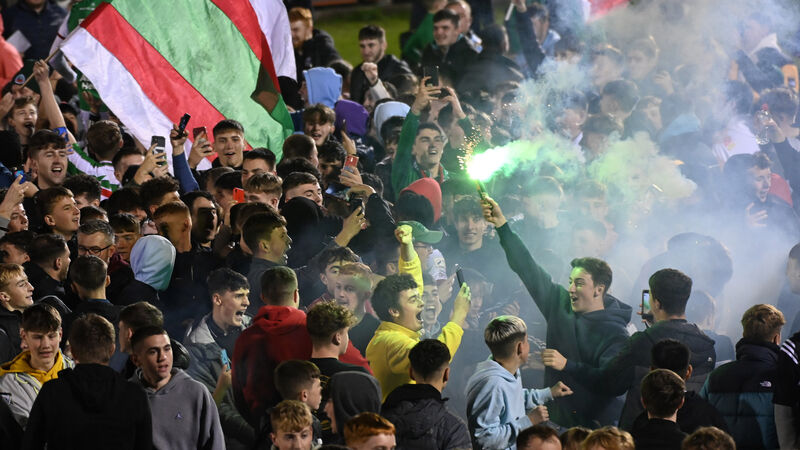
Cork City supporters celebrate their league win at Turner's Cross. Picture: Eddie O'Hare
'FINANCIAL difficulties' and Cork City FC are unfortunately phrases that are far too often used in the same breath.
Looking back at the history of Cork football, money problems have prevented any one single club from a period of sustained success or ultimately survival. The current club was founded n 1984, following on from Cork Hibernians, Cork Celtic, Cork Athletic and a host of others.
All these clubs had varying degrees of success. You only have to look down the list of FAI Cup winners to see a handful of these names, However, some existed for less than 10 years. To put it in perspective, Cork would be joint second on the all-time FAI Cup roll of honour with 12 titles if there had been one club that existed continuously from when Fordsons won in 1926.
The common thread has been the boom and bust cycle that has plagued Cork football for close to 100 years. City was on the verge of being but another example of this back in 2009 until Foras stepped in. There was a mandated relegation to the First Division as well as a name change to Cork City Foras Co-op.
This is the backdrop faced by the proposed new owner of Cork City FC, successful businessman Dermot Usher, who remains a non-executive director at his recently sold company, Sonas. City’s statement announcing the deal stated Usher would gain full control of the club and that European football, the development of the women’s team, and hiring a full-time director of football were among the main aims.

Under the new deal, it is hoped regular meetings will still be held with Foras and that the fan group will also be left with a sum of money to “continue operating in its original capacity as acting as a guardian for Cork City FC”. Fans might wonder how this will actually materialise, considering Usher will own 100% of the club.
Recent success has come through the fan-ownership model, learning from past mistakes, the group prioritised financial stability and sustainability.
Shamrock Rovers seems to have struck the right balance. Dermot Desmond owns a reported 25% stake with 50% remains under fan control, a system whereby they can afford to offer players two- and three-year contracts and demand higher transfer fees when clubs come knocking.
In an ideal world, Cork City fans might operate an ownership structure like Shamrock Rovers or something similar such as the 50+1 system that exists in Germany. That rule means supporters keep the majority of the voting shares but also ensures external investment can help clubs be more successful. In the Bundesliga, it means investors can’t prioritise profit over club performance.
Keeping in mind the mistakes of the noughties, this model would ensure Cork City receives the necessary funds to survive and thrive in the top tier while also remaining grounded and focused on longevity.
Next weekend's EGM will decide on whether Usher takes charge. A big decision for the Cork City faithful.
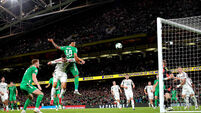


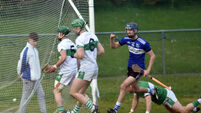
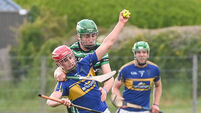
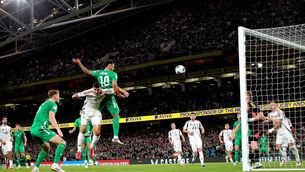
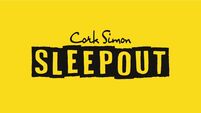


 App?
App?







